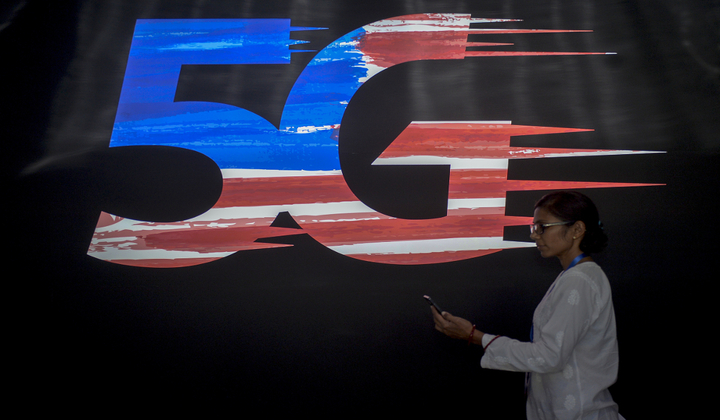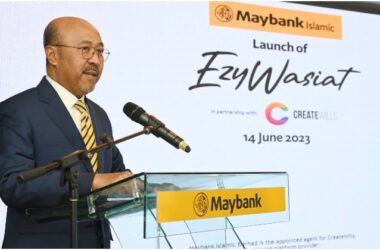Communications and Digital Minister Fahmi Fadzil plans to convene with local mobile network operators (MNOs) to confront the issue of additional fees imposed by MNOs for enrolling subscribers in the 5G network.
Certain MNOs have mandated subscribers to pay an extra premium, ranging from RM3 to RM20, on top of their existing phone bills in order to access the 5G network, according to The Edge Malaysia.
Fahmi pointed out that not every MNOs enforces additional fees; he acknowledged that YTL, for instance, doesn’t (same goes for U Mobile). He indicated that he would soon engage with the CEOs to tackle this issue.
While acknowledging that there could be an onboarding procedure for them, he expressed optimism that they would be able to address several of these apprehensions.
“My wife is hesitant about adopting 5G because she recalls when we transitioned from 3G to 4G, we didn’t incur any charges. So now, why are we being charged? It’s a valid question, and one that was posed by the minister’s wife to the minister. Hence, I need to find an appropriate response,” Fahmi stated.
Nevertheless, MNOs are set to introduce a range of affordable 5G packages on National Day, 31 August, as per Fahmi’s information.
“I haven’t met with the CEOs yet, but we’ve been primarily focused on finalising both the 5G access agreement and equity participation in DNB (Digital Nasional Bhd). Moving forward, these are some of the conversations we intend to have. On 31 August, on National Day, MNOs will unveil their respective [5G Rahmah packages]. We hope that by that time, some of these concerns will also be addressed,” he explained.
Malaysia’s 5G network retail prices are projected to be lower than existing 4G internet plans, given that the infrastructure was established under the single wholesale network (SWN) provider DNB, and is shared among all MNOs.
The shared infrastructure model was anticipated to be more cost-effective than the present 4G network, where MNOs with spectrum ownership construct their own infrastructure.
In May 2023, Putrajaya shifted its policy to replace the SWN with a dual network (DN) model once coverage of populated areas (COPA) reaches 80%. This decision aimed to avoid relying on a single point for the nation’s entire 5G network.
Fahmi remarked that under the DN model, DNB will cater to half of the nation’s MNOs, while the remaining half will depend on services provided by an Entity B, which is yet to be determined.
“We’re currently on track and anticipate achieving 80% COPA coverage by the end of this year or early next year at the latest. Once that’s accomplished, two entities will operate 5G. The first is DNB, where half of the MNOs will collaborate, and the other half will partner with an Entity B, the details of which will be announced. Entity A is DNB,” he clarified.










